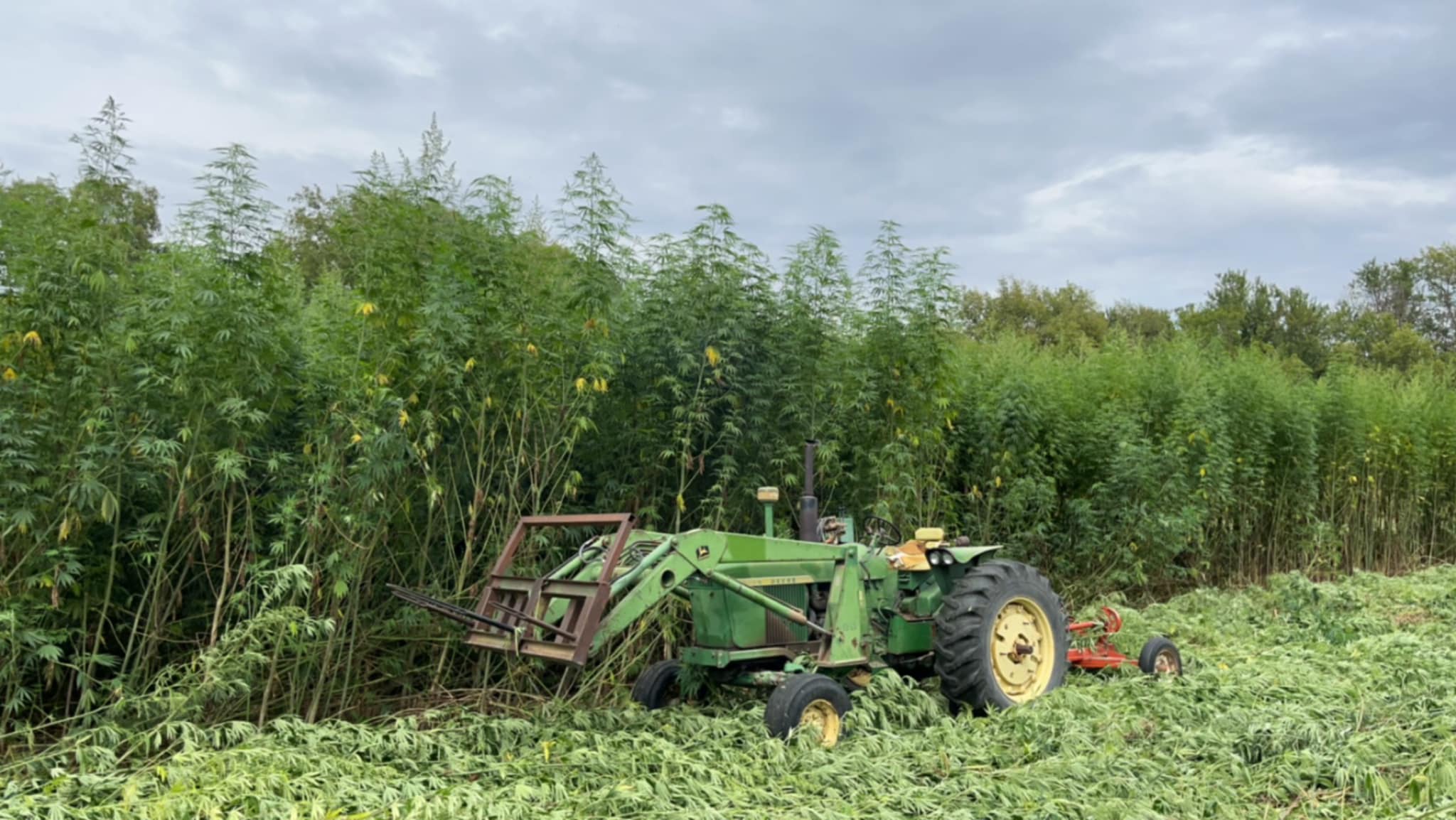
The future of the hemp industry hinges on fostering a collaborative ecosystem that empowers individuals and communities. By nurturing peer-to-peer relationships, embracing open-source principles, and prioritizing grassroots cooperation, we can unlock the full potential of hemp while ensuring equitable distribution of benefits.
Formative Peer-to-Peer Relations:
- Knowledge Sharing & Open Source Innovation:
- Sharing best practices, research findings, and innovative techniques through open-source platforms and collaborative initiatives.
- Fostering a culture of knowledge exchange, where individuals and organizations freely share information and resources.
- Grassroots Cooperation & Organization:
- Empowering local communities to develop and implement their own hemp-based projects.
- Supporting the formation of cooperatives, collectives, and other community-based organizations.
- Fostering partnerships between farmers, processors, and consumers.
User-Centric Education & Accessibility:
- Accessible Education: Providing affordable and accessible education and training programs on all aspects of the hemp industry, from cultivation and processing to product development and marketing.
- Maker Economy & Open Innovation: Empowering individuals and communities to become “makers” by providing access to tools, resources, and knowledge to create hemp-based products.
- A World of Choice & Abundance: Fostering a diverse and inclusive hemp industry that offers a wide range of products and services to meet the needs of diverse consumers.
Key Principles:
- Decentralization: Empowering local communities and individuals to play a key role in the hemp industry.
- Sustainability: Prioritizing environmental and social sustainability throughout the entire hemp value chain.
- Equity and Inclusion: Ensuring equitable access to resources and opportunities for all stakeholders.
By embracing these principles and fostering strong peer-to-peer relationships, we can create a thriving hemp industry that benefits communities, the environment, and future generations.

